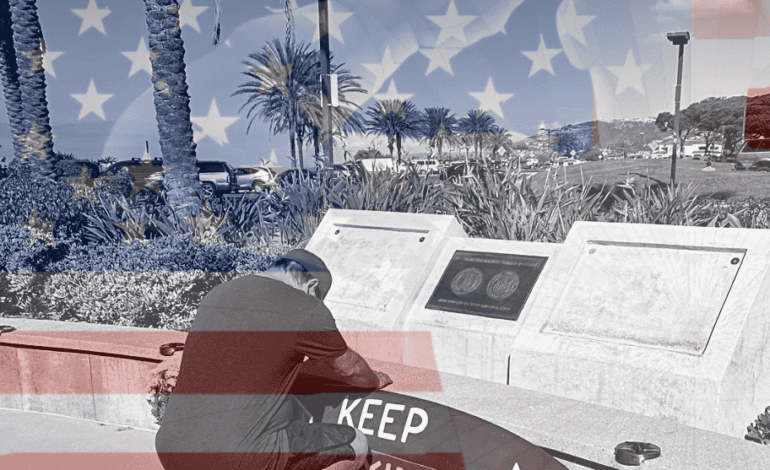Our team at AKUA Mind and Body believes in celebrating recovery daily as addiction recovery is based on progress, not perfection. Each new day is one step forward in the right direction. The terms “sobriety” and “recovery” are often used interchangeably. However, these two terms have very distinct meanings when it comes time to addiction.
“Sobriety is a state whereas recovery is a process”
The meaning of “sober”
Any individual who does not engage in drugs or alcohol is deemed “sober,” and although sobriety is part of recovery, sobriety often refers to a temporary state and fragile state. This state can change at any point in time with a sip of alcohol or the use of drugs to alter your mental state. You can go from sober to inebriated to addicted in a matter of weeks. Individuals who identify as “sober” may be straying away from drugs and alcohol. Still, because they do not identify as being in recovery, they do not seek treatment for the underlying issues that initially lead them to drink or use. Sobriety can often be viewed as a day without use. Entering into sobriety without undergoing treatment and recovery can potentially have negative risks. Individuals who abstain from alcohol and drugs to become “sober” are more likely to relapse because they neglected to address the underlying issues driving their addiction. Additionally, entering into sobriety without any professional help can potentially lead to painful and even dangerous withdrawal side effects, especially when withdrawing from alcohol, benzodiazepines, or opioids.
Many “sober” individuals who are not in “recovery” will experience a swap in addictions, formally known as cross-addiction. This occurs when someone trades alcohol or drugs for another addiction, such as shopping, sex, or food. By doing this, they are trying to fill a void that their old addiction once satisfied. They may be “sober,” but they are more likely still struggling with unhealthy emotions or mental health disorders. This new vice is another unhealthy coping mechanism.
The true meaning of “recovery”
When an individual enters a treatment program and starts their recovery journey, they are not only making a choice to become “sober” but are also acknowledging the underlying issues that caused them to become addicted in the first place. Recovery is a lifelong commitment that works to treat the mental, spiritual and emotional aspects associated with the addiction. During recovery, individuals learn to fill “the empty void” with positive coping strategies, a healthy community, and behavioral solutions that they have learned through treatment. In recovery, you gain sobriety and the tools and emotional stability to defend yourself against a potential relapse. Recovery is the ultimate key to conquering your addiction and moving into a healthier, more balanced life. Recovery involves the following complex processes:
- Changing behaviors that contribute to addiction and relapse instead of merely changing drinking and using habits alone.
- Realizing that drugs and alcohol were not the only issues in their life and that these are symptoms of an underlying problem.
- Understanding that alcohol and drugs often act as a solution to a larger problem in their life.
- Working through the problems that led to the development of the addiction and developing healthy coping mechanisms and solutions to deal with these issues.
Can individuals relapse even if they are in recovery? Yes.
- Relapse is a realistic part of recovery. Although it does not happen for everyone, the goal of relapse is to recognize the urges, cravings, and triggers and use the tools and coping mechanisms you learned in recovery to prevent the relapse from spiraling out of control. This may mean that you re-enter a treatment program or increase your frequency and duration of therapy. Relapse looks different for everyone.
AKUA Mind and Body treatment
AKUA Mind and Body is a full-service treatment program that offers a wide range of “east meets west” treatment modalities for many different populations struggling with mental health and substance use disorders. AKUA makes your recovery a priority. AKUA Mind and Body treats co-occurring disorders and works diligently with each client and their family to ensure that treatment is specifically tailored to their needs and not just their disorder.
AKUA Mind and Body offers detoxification, intensive treatment programs, and outpatient treatment programs. AKUA Mind and Body uses a blend of holistic approaches combined with evidence-based treatment to help individuals who have been affected by substance use and mental health disorders recognize their underlying triggers and develop healthy coping skills. Regardless of where you are in your recovery process, AKUA Mind and Body can help.




